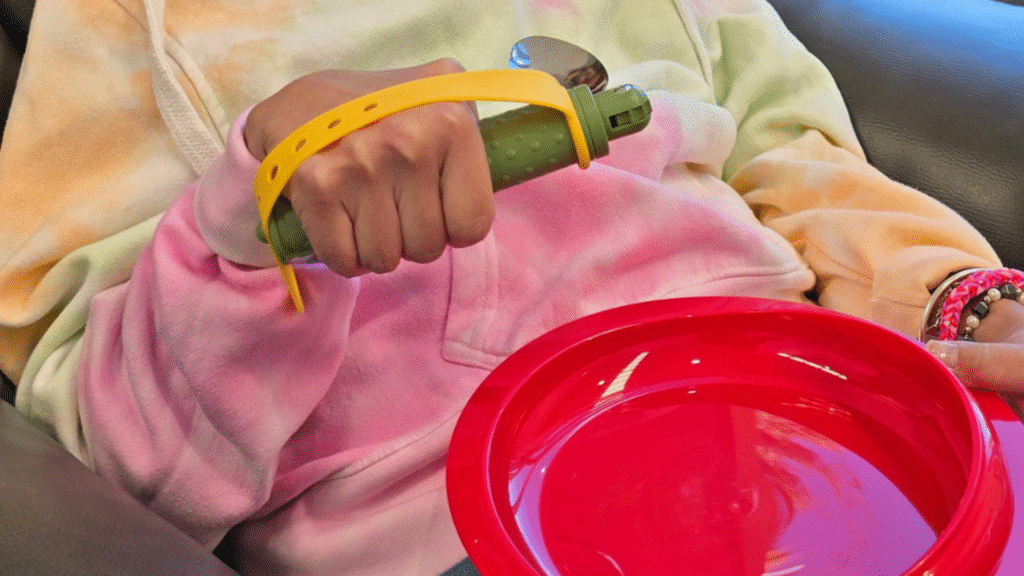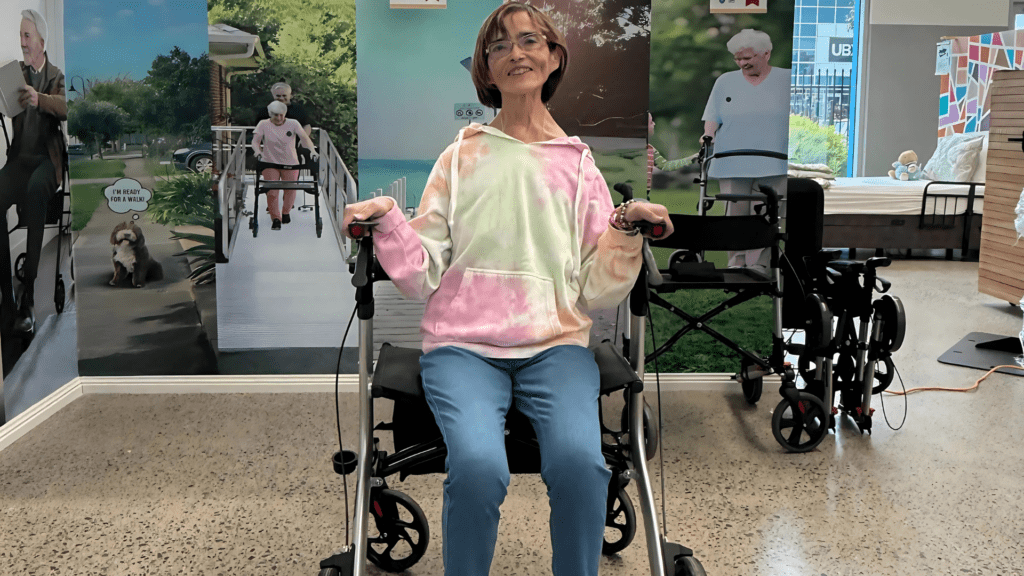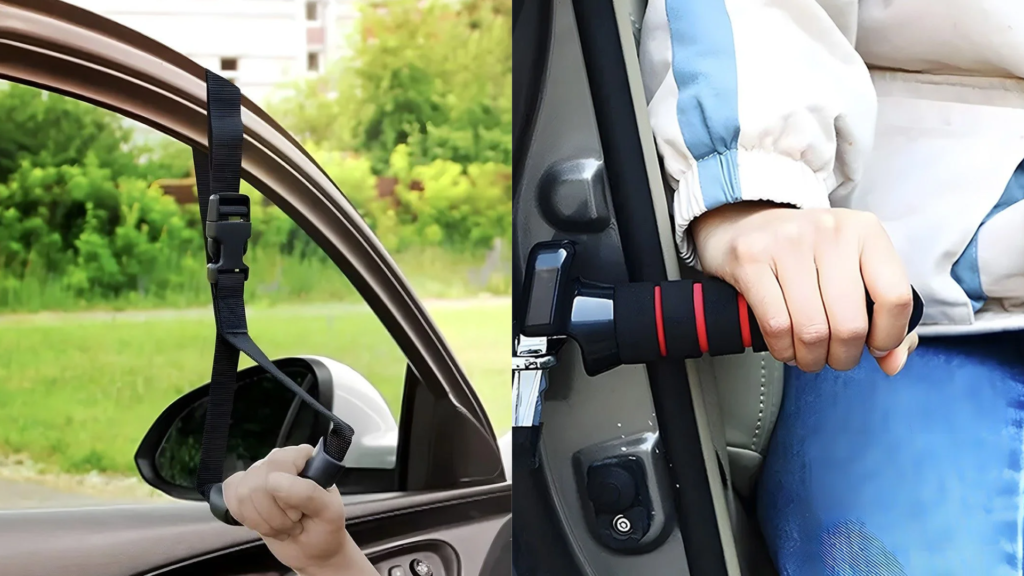Living with arthritis or hand weakness can make everyday tasks feel difficult. Whether it’s buttoning a shirt, preparing a meal, or brushing hair, reduced hand mobility can impact a person’s independence and quality of life. Thankfully, a wide range of daily living aids are designed specifically to reduce strain, enhance grip, and make common activities easier.
Common Challenges with Reduced Hand Strength
People with arthritis or limited grip strength often struggle with:
- Opening jars or turning knobs
- Dressing independently
- Gripping cutlery or grooming tools
- Reaching for household items
- Using standard kitchen or hygiene accessories
These challenges can result in pain, frustration, and increased reliance on others. Using the right assistive tools can restore confidence and promote autonomy.
Aids That Reduce Strain on Hands and Wrists
Modern aids for daily living cater to joint-friendly functionality. Look for tools that feature:
- Ergonomic handles: Wider grips reduce finger and wrist strain.
- Lightweight designs: Easier to lift and control.
- Non-slip surfaces: Improve safety and reduce effort.
- Magnetic or extended reach: Eliminate the need for painful stretching.
For example, the Foldable Grabber Reacher with Magnet is excellent for picking up dropped items without needing to bend or strain.
Most Useful Arthritis-Friendly Tools in the Home
Here are some practical and OT-recommended aids that support daily life for those with arthritis:
1. Dressing and Grooming Aids
- Multi-Purpose Dressing Stick — Helps with putting on or removing clothes, jackets, and socks.
- Sock Holder — Reduces the need to bend or grip tightly when dressing.
- Bath Brush — Extended handle for easy reach during personal care.
2. Reachers and Grabbers
- Foldable Grabber Reacher — Assists in picking up light objects from the floor, bed, or shelves.
3. Kitchen Tools
- Utensils with large or padded handles
- Jar openers and tap turners
- Anti-slip bowl mats
- Daily Living Aids Collection
These tools promote independence in cooking and eating without discomfort or risk.
Funding Options and Occupational Therapy Advice
Many arthritis-friendly aids are eligible for funding through the National Disability Insurance Scheme (NDIS) or Statewide Equipment Program (SWEP) in Victoria. To access support:
- Get an occupational therapy (OT) assessment for functional needs
- Ensure recommendations align with your care goals
- Request quotes for preferred products from registered providers
Occupational therapists play a crucial role in recommending aids that match the user’s mobility level and living situation. You can submit a product enquiry for more guidance.
Conclusion
Arthritis and hand weakness don’t need to limit independence. With the right selection of daily living aids, seniors and people with reduced hand function can continue doing everyday tasks comfortably and safely. From dressing sticks and bath brushes to ergonomic kitchen tools, there’s a wide variety of products designed with ease in mind.
FAQs
Q: What are the best aids for people with arthritis in their hands?
A: Dressing sticks, grabbers, non-slip utensils, and wide-handled grooming tools are ideal for reducing strain and improving function.
Q: Can I get NDIS funding for daily living aids?
A: Yes. If you’re an NDIS participant, you may be eligible for funding of these aids with a proper OT recommendation.
Q: How do I know which tool suits my hand strength?
A: An occupational therapist can assess your grip ability and suggest aids that match your level of comfort and mobility.
Q: Where can I buy arthritis aids in Australia?
A: Visit the Daily Living Aids section of our website to explore a wide range of products tailored to arthritis support.
Q: Do I need a prescription to buy daily living aids?
A: No prescription is needed to purchase most items, but an OT assessment may be required for funding or clinical recommendations.



